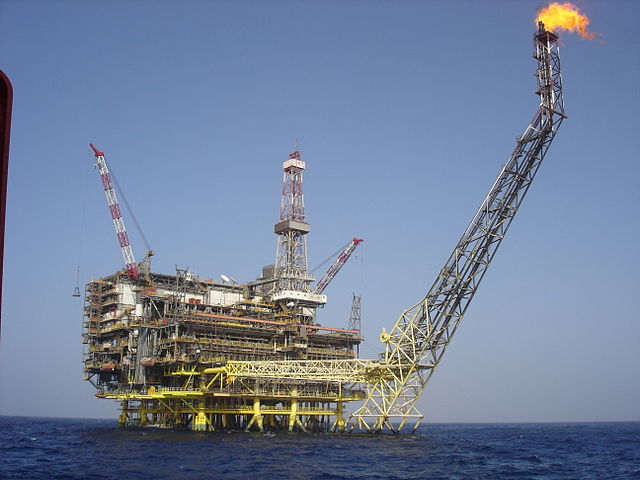The source added that the change within the majority of the General National Congress against the prime minister almost gave the Salafist movement the chance to gain control. However, the defenders of this coup underestimated the balance of power, which did not work to their advantage. The revolutionary politicians and groups, which were supposed to support them, parted from them and therefore they found themselves isolated.
The source added that the balance of power in Libya is constantly changing. He said that the government has no other choice but to negotiate with these militias regarding the oil facilities. These groups have economic, financial, and political demands seeking to take advantage of these facilities in their region, i.e., in the east.
However, the government does not wish to negotiate with these militias based on the idea of federalism, under the pretext that this issue ought to be dealt with after the drafting of the constitution, as there is no current party that is legitimately qualified to conduct these negotiations, said the source. Thus, the disruption in oil facilities is likely to drag on for a long time.
While the government does not have the military capability to remove militias from oil facilities, it can still provide financial compensation to help solve the problem.
The government was accused of having sought to pay 32 million Libyan dinars [$25.7 million] to the militias occupying the oil facilities. Yet what happened in reality is that Zeidan signed a check in the amount of 2.5 million dinars [$2 million] to see if he could acquire a share in these facilities. However, he publicly announced that this amount was paid to buy the militias’ weapons, which is the usual strategy in Libya to try to disarm militias. Zeidan was accused of misusing public money.





